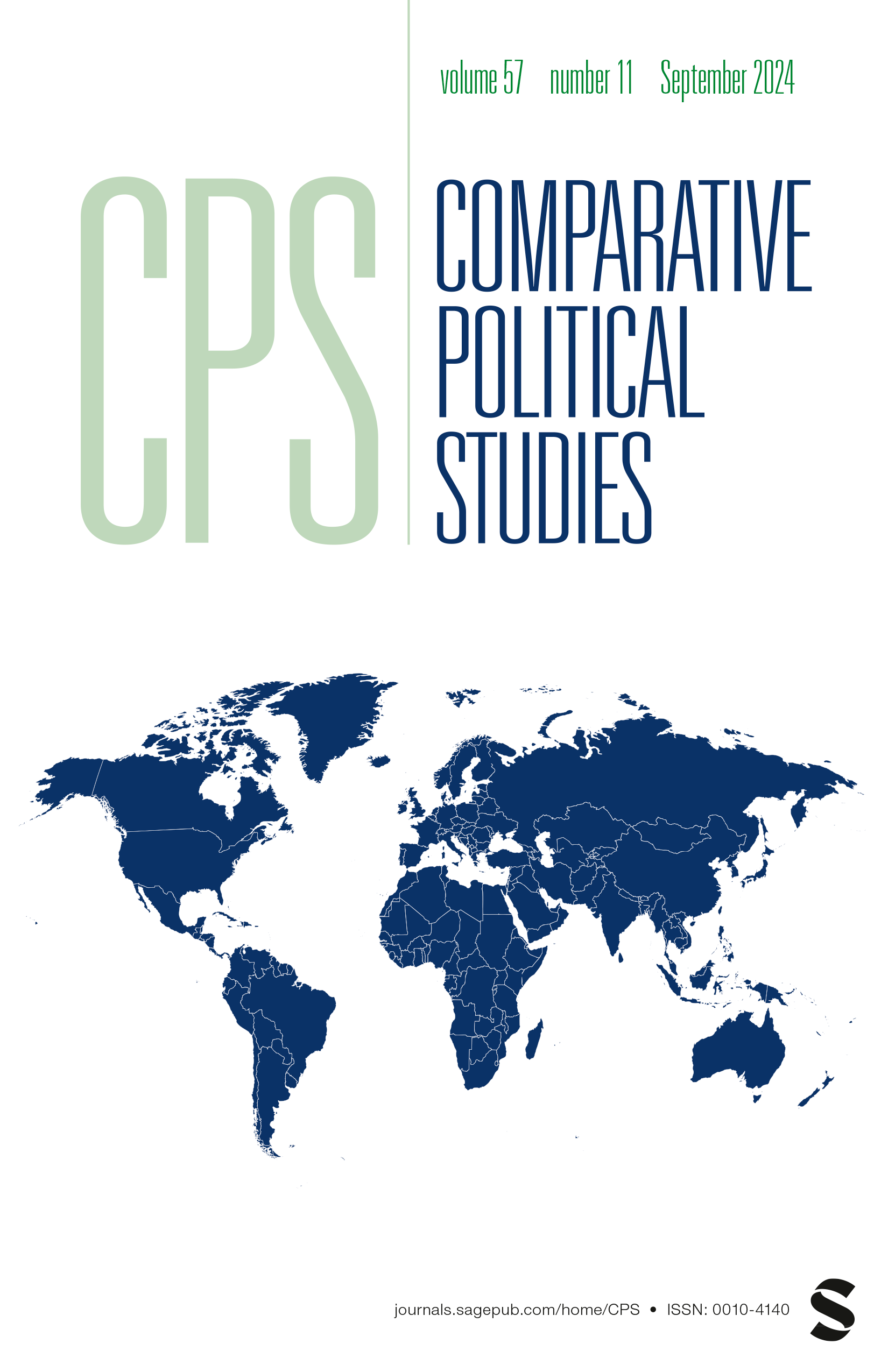This paper raises the question of how freedom of movement, attached to EU citizenship, affects forms of social citizenship at the national and at the EU level. It does so through a double analytical lens. It discusses the well-known Laval case through the angle of the category of circulation and “social milieu” as proposed by the work of Michel Foucault. The hypothesis I want
to raise in the paper is that there is a need to rethink social citizenship through an understanding of governmentality and territory as shaped by people circulating and producing a social environment, or milieu, at the European level. Specifically, the study deals with the controversies concerning the Laval dispute: it discusses the Posted Workers Directive, the principle of the free movement of workers and services and the Services Directive. It suggests that the encouragement and management of circulations, both of workers and of services, across Member States, as it is visible in the Laval case, ushers in the “becoming territorial” of the EU.
Welfare, Sustainability and Eco-Social Policies
Neoliberal reforms, Great Recession and political backlash: parties,…
Through an in-depth reconstruction of three decades of welfare reforms in Italy, this article shows…



